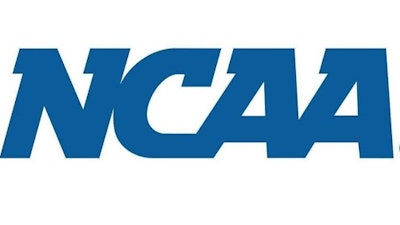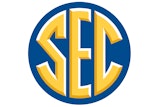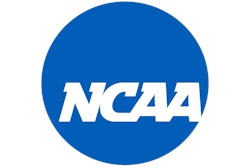
A former Youngstown State women's soccer head coach violated academic integrity rules when he arranged for false transcripts for three women's soccer prospects, according to a decision released by a Division I Committee on Infractions panel. The coach also arranged impermissible recruiting inducements for one of those prospects. As a result, the coach failed to promote an atmosphere of compliance, and — following his separation from the school — violated ethical conduct rules when he did not fully meet his obligation to participate in an NCAA investigation.
The violations occurred when the former women's soccer head coach recruited three prospects from his home country. To ensure the prospects were immediately eligible to receive scholarships and compete for the women's soccer team, he classified the prospects as four-year transfer student-athletes from a university in his home country — which none had attended — and arranged for false transcripts for all three from that university. The coach denied involvement in procuring those transcripts.
Because all three student-athletes were admitted erroneously as transfers, they went on to compete in 61 games while ineligible.
The former head coach also provided impermissible recruiting inducements to one of the prospects when he arranged for another student to pay her application fee to the university, arranged cost-free summer housing for her with a host family, and later provided transportation to that housing and to campus before her enrollment at Youngstown State. The panel noted in its decision that the coach consulted the compliance office before arranging the housing and misunderstood the advice he received. Thus, the panel concluded that although his conduct violated NCAA recruiting rules, it did not violate ethical conduct rules.
However, because of the former head coach's personal involvement in the academic integrity and recruiting inducement violations, the infractions panel concluded that he did not promote an atmosphere of compliance.
During the NCAA enforcement staff investigation, the former head coach agreed to participate in one interview. During the interview, he denied any involvement in arranging false transcripts for the three prospects. After additional information came to light as the investigation progressed, the enforcement staff contacted him via email and mailed correspondence to request follow-up interviews, all of which went unanswered. He also did not provide enforcement staff with access to cellphone records, including WhatsApp messages, that related to the investigation.
Ultimately, the panel concluded that the coach violated ethical conduct rules when he did not meet his obligation to participate in an investigation and when he provided false or misleading information to the enforcement staff.
The panel classified the case as Level I-standard for the university and Level I-aggravated for the former head coach. The committee used the Division I membership-approved infractions penalty guidelines to prescribe the following measures:
- Three years of probation to run consecutively to the school's current probationary period from a separate case.
- A $5,000 fine, plus 2% of the women's soccer budget (self-imposed).
- A 2019-20 postseason ban for the women's soccer program (self-imposed).
- A scholarship reduction of one equivalency during the 2020-21 academic year (self-imposed).
- A reduction in women's soccer official visits to five during the 2020-21 academic year (self-imposed).
- A 10-week ban on unofficial visits in the women's soccer program during one academic year in the period of probation (self-imposed).
- A 10-week ban on recruiting communication in the women's soccer program during one academic year in the period of probation (self-imposed).
- A 10-week ban on off-campus recruiting in the women's soccer program during one academic year in the period of probation (self-imposed).
- A five-year show-cause order for the former head coach. During that period, any NCAA member school employing him must restrict him from any athletically related duties unless it shows cause why the restrictions should not apply. If hired by an NCAA member school after the show-cause order has ended, the former head coach will be suspended from the first 50% of contests in his first season.
A vacation of all records in which student-athletes competed while ineligible. The university must provide a written report containing the contests impacted to the NCAA media coordination and statistics staff within 14 days of the public release of the decision.
Members of the Committee on Infractions are drawn from the NCAA membership and members of the public. The members of the panel who reviewed this case are Thomas Hill, senior vice president emeritus at Iowa State; Jason Leonard, chief hearing officer for the panel and executive director of athletics compliance at Oklahoma; Joel Maturi, former director of athletics at Minnesota; Kay Norton, president emerita of Northern Colorado; Joe Novak, former football head coach at Northern Illinois; and Dave Roberts, special assistant to the athletics director at Southern California.




































